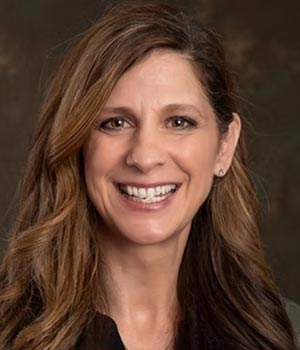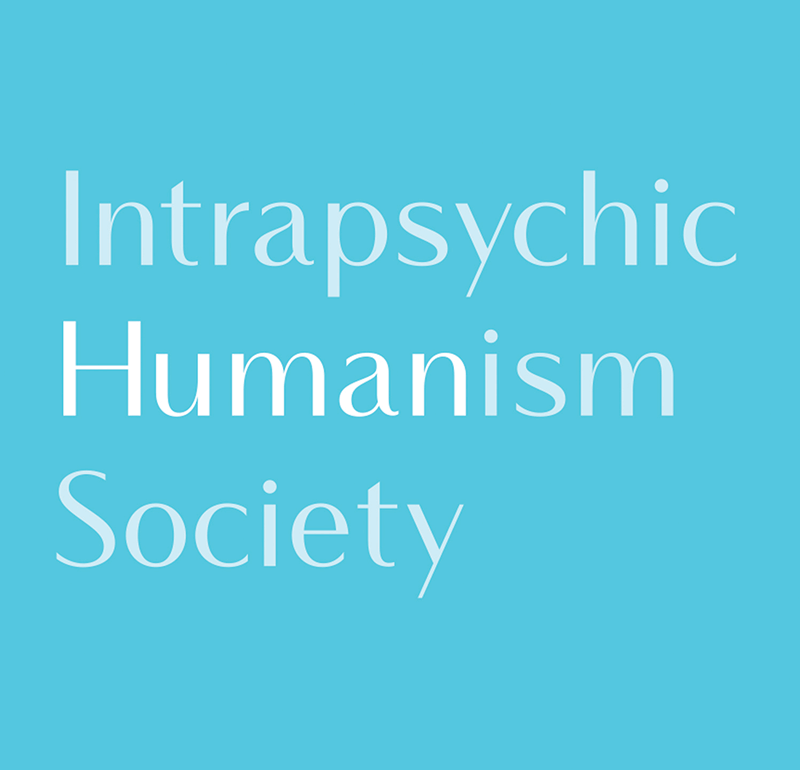Live Seminar Series
Martha Heineman Pieper, Ph.D. Seminar Series
Intrapsychic Humanism Core Concepts and Clinical Applications
Our Live continuing education programming, which is complimentary with an Intrapsychic Humanism Society annual membership, currently focuses on a series of in-depth seminars in which we will explore, over time: (1) unique insights into the unfolding development of internalized core personal meaning – in being loved, loveable, and causing the caregiver’s love – through informed caregiving relationships through the first few formative years of life, (2) the underlying causes of psychopathology, and (3) a psychotherapy approach to treating not only symptoms of psychological distress, including relationship and behavioral problems, but also underlying instability, deficits, and malformation of core self-worth.
Each seminar series covers a separate chapter of the seminal book, Intrapsychic Humanism, An Introduction to a Comprehensive Philosophy and Psychology of Mind (Pieper & Pieper, 1990). Past seminar series have covered the Introduction and the first two chapters on the development of personal meaning during the first and second years of life. All previous Live seminar series are available as On Demand Seminars. We recommend beginning with the first seminar series and moving through the seminar series sequentially. Each series consists of multiple (4-8) one-hour seminars featuring presentations by experienced clinicians bringing to life the core concepts of Intrapsychic Humanism with examples to illustrate how the concepts can be applied where relevant to childrearing, parent counseling, child play therapy, and adult psychotherapy to help children and adults acquire lasting self-worth.
Live SEMINAR SERIES 4
Chapter 4 – Regulatory-Interpersonal Self Stage
Developing Children’s Confidence, Secure Inner Happiness, and Ability to Make Good Choices
with Applications to Childrearing and Clinical Practice
Carla Beatrici, Psy.D. and Marian Sharkey, Ph.D.
Member Rates: Regular: $175 | Early Career Professional: $155 | Student: $120
2025/26 Virtual Seminars
Wednesdays 10:30 – 11:30 am
October 1, November 5, December 3, February 4, March 4 & April 1
6 CEs for Psychologists, Social Workers, and Professional Counselors
Seminar Series Description
If you are a professional who works with young children or their parents, you know that some of the behavior of two-to-six-year-olds can pose challenges for both parents and experts alike. Toddlers fall in love with the word, “NO,” want what they want when they want it, and display an all-powerful omnipotence that makes them believe they can cook on the real stove and engage in other risky behaviors, while five-year-olds insist that only a preferred parent take them to the park and not the other parent. When such behaviors are misconstrued as “the terrible twos,” defiance, socially inappropriate behavior, and disrespect, parents and professionals can find themselves feeling frustrated and irritable and at a loss as to how to respond and can end up resorting to futile power struggles and disciplinary measures that only leave children unhappy and more prone to meltdowns.
This seminar series will offer you new ways of understanding and responding to these behaviors based on insights by Martha Heineman Pieper, Ph.D. and William J. Pieper, M.D. to help children develop increasingly pleasurable and stable self-worth that is resilient to inevitable disappointments in life. We will describe the developmental structures and processes that occur during what is termed the Regulatory Interpersonal Self Stage (age 2-6), including the interpersonal no, the all-powerful agent self, the romantic phase, and the relationship ideal. We will explain how the child’s interpersonal agency grows more reflective based on where their sense of well-being comes from as they move through each stage — from relying upon getting what they want when they want it, at the beginning of the stage, to being able to make consistently thoughtful and constructive choices, at the end of this stage. We will describe informed caregiver responses that will facilitate this important developmental process based on an understanding of the child’s intrapsychic and interpersonal needs at this age. We will provide examples in applying these insights to parenting, parent counseling, play therapy, and adult psychotherapy.
Learning Objectives
By the end of the seminar series, participants will be able to:
- Explain from the child’s subjective point of view the behavior termed the interpersonal no.
- Describe a way in which the all-powerful self facilitates children’s interpersonal exploration and development.
- Describe two common misunderstandings of a child’s interpersonal no behavior, misunderstandings which can have harmful effects on their interpersonal development.
- Describe two ways parents can respond to their children’s interpersonal no behavior to facilitate their development of veridical (non-illusional) interpersonal agency.
- Describe a change in the source of the child’s interpersonal well-being from the beginning to the end of the Regulatory-Interpersonal Self Stage.
- Describe one way in which the relationship ideal is a significant developmental achievement.
Seminar Leaders

Carla Beatrici, Psy.D.
Vice President for the Collaborative Partnership with Smart Love Family Services
Dr. Carla Beatrici is a Clinical Psychologist with over 30 years of clinical experience providing psychotherapy to individuals of all ages and with a specialization in child and adolescent mental health. Dr. Beatrici is the Co-Executive Director and Clinical Director of a not-for- profit organization Smart Love Family Services located in Oak Park and Chicago. The clinic provides a range of services including counseling for all ages, testing services, and parent education seminars. Dr. Beatrici runs the counseling program where she provides clinical training and supervision to ensure the provision of high quality mental health care. She has also developed and implemented Smart Love and Inner Humanism® staff training programs for healthcare professionals in many settings, including Easter Seals, Early Head Start, the American Medical Association, and Children’s Memorial Hospital. These trainings focus on helping caregivers create positive caring relationships with children as a way to build stable inner self-esteem. Dr. Beatrici is an adjunct Clinical Assistant Professor at Loyola Medical Center where she teaches Developmental Theories to psychiatry residents.

Marian Sharkey, Ph.D., LCSW
Vice President for the Collaborative Partnership with Smart Love Family Services
Dr. Marian Sharkey is the Director of Training at Smart Love Family Services where she provides clinical training and supervision. She has been in private practice for over 25 years and has worked with individuals of all ages in a variety of inpatient and outpatient community mental health and psychiatric hospital settings. Dr. Sharkey received her M.S.W. and Ph.D. from the School of Social Work at Loyola University Chicago where she was the founding editor-in-chief of the school’s journal, Praxis: Where Reflection & Practice Meet. She has been an adjunct faculty member in the School of Social Work at Loyola University and serves on the Board of the Intrapsychic Humanism Society. Dr. Sharkey has presented at local and national conferences on the topics of the reflective use of theory in clinical practice and the theoretical principles and practice of Inner Humanism®.
